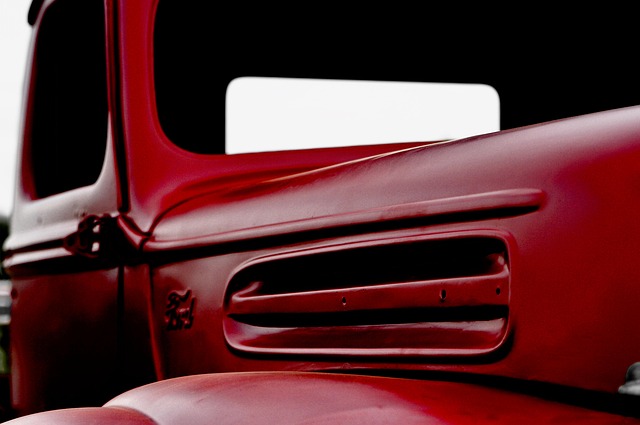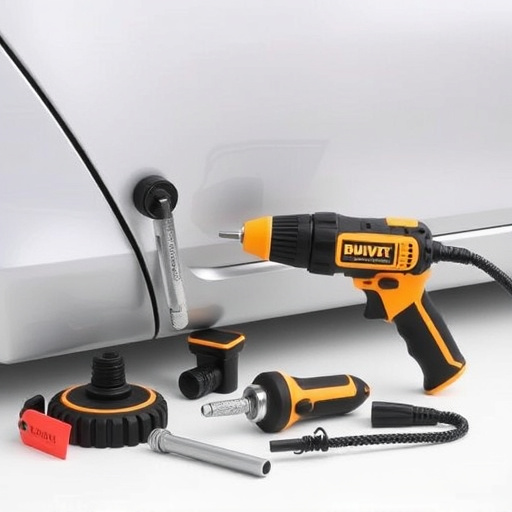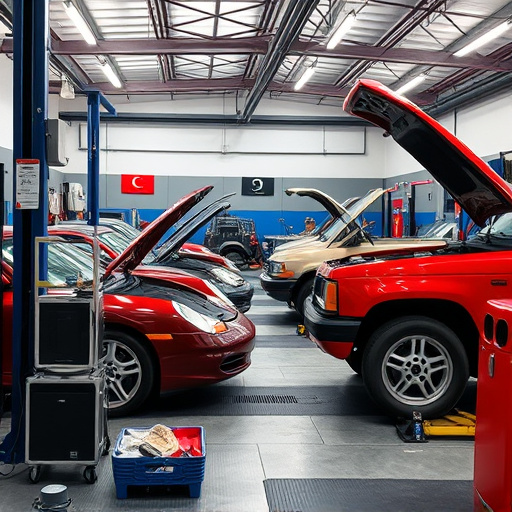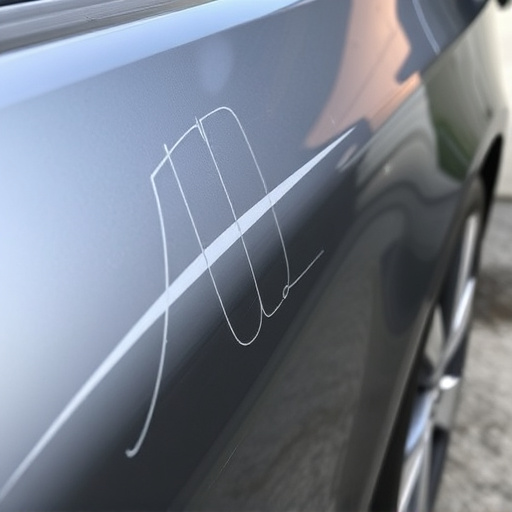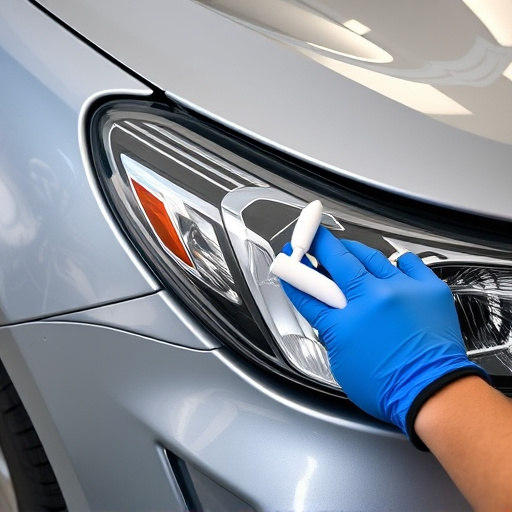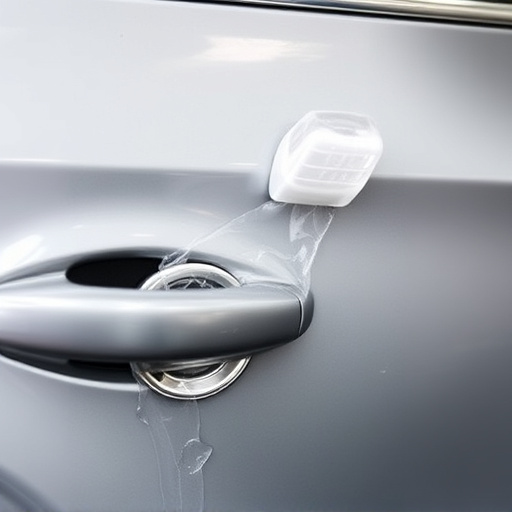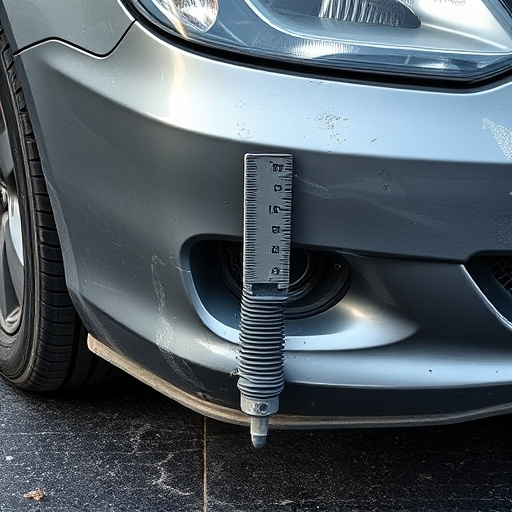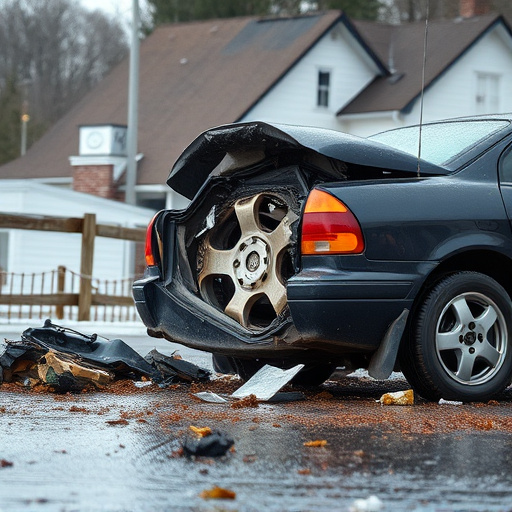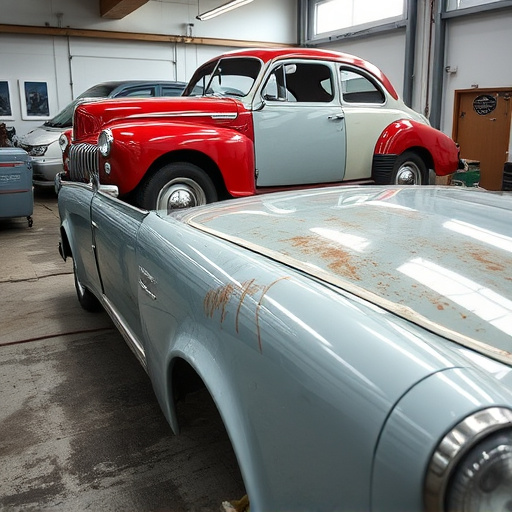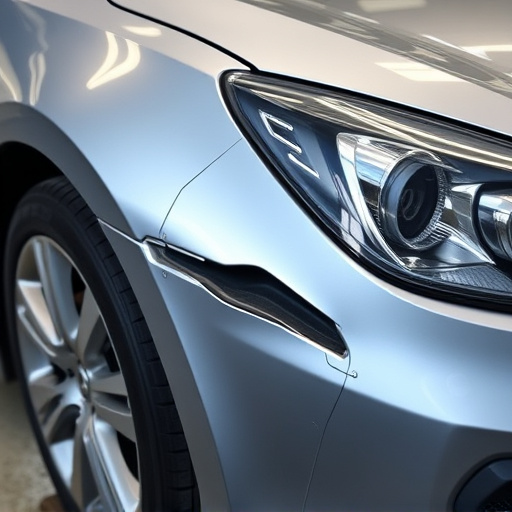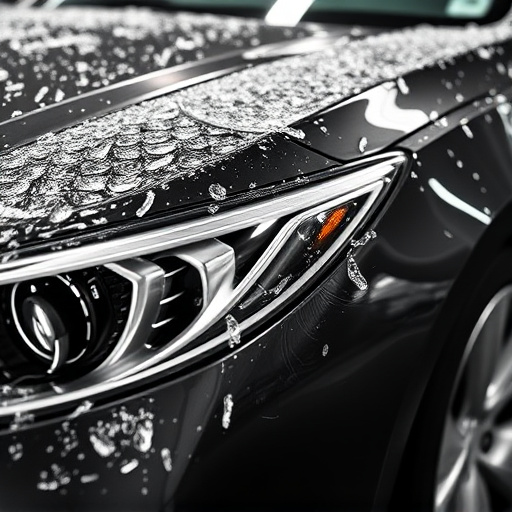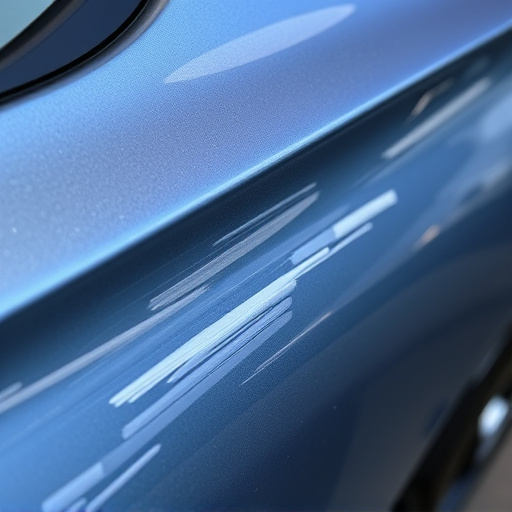Adhering to auto glass safety standards is crucial for collision repair centers. These standards ensure structural integrity, minimize injury risk, and maintain optimal driver visibility in auto glass replacement or repairs. Certification involves rigorous training from recognized bodies on installation techniques, hazardous material handling, and latest regulations. Certified professionals must use approved materials and methods, perform thorough testing, regular quality checks, and continuous training to uphold high-quality standards and enhance customer satisfaction.
“The automotive industry places immense importance on safety, especially regarding auto glass. This is where auto glass safety certification becomes paramount for businesses and professionals alike. This article guides you through the critical next steps, beginning with understanding the essential auto glass safety standards. We’ll explore the process of obtaining and maintaining certification while ensuring top-notch quality and customer satisfaction post-certification. Stay informed to stay ahead in adhering to these vital auto glass safety standards.”
- Understanding Auto Glass Safety Standards
- Obtaining and Maintaining Certification
- Ensuring Quality and Customer Satisfaction Post-Certification
Understanding Auto Glass Safety Standards
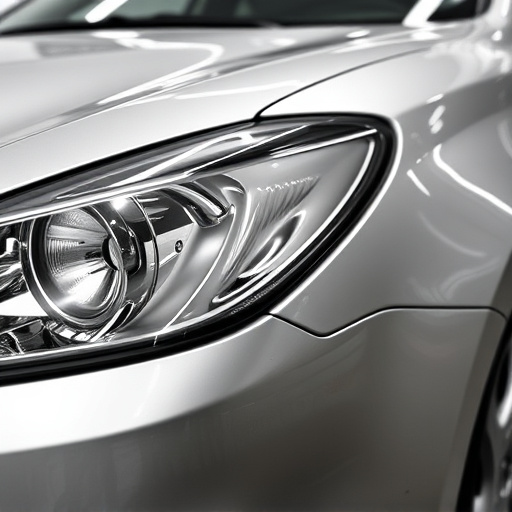
Understanding auto glass safety standards is paramount for any collision repair center aiming to provide top-notch services. These standards ensure that replacement or repaired auto glass meets specific criteria, enhancing vehicle safety and driver protection. The primary focus lies in ensuring structural integrity, minimizing risk of injury during accidents, and maintaining optimal visibility for the driver. This involves adhering to stringent guidelines on materials used, manufacturing processes, and installation techniques.
In the realm of auto glass safety, hail damage repair is a critical consideration alongside general car bodywork repairs. While collision repair centers typically handle various types of damages, understanding the unique challenges posed by hail can be crucial. Proper training and certification in auto glass safety ensure that such centers are equipped to address these issues effectively, ultimately contributing to safer vehicles on the road.
Obtaining and Maintaining Certification
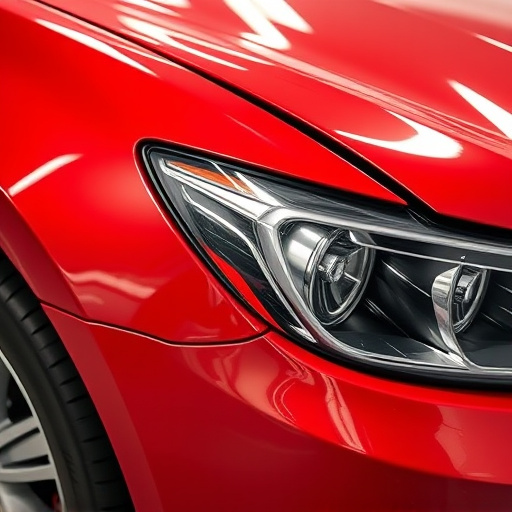
Obtaining auto glass safety certification is a crucial step for any automotive business offering replacement or repair services. It demonstrates a commitment to adhering to the highest auto glass safety standards, ensuring customer satisfaction and peace of mind. The process typically involves thorough training by recognized bodies on proper installation techniques, handling hazardous materials, and understanding the latest industry regulations. This training equips technicians with the knowledge to work safely and efficiently.
Maintaining certification is an ongoing requirement in the vehicle repair sector. Regular updates and refresher courses are essential to keep up with evolving auto glass safety standards. Body shop services providers must prioritize staying informed about new technologies, materials, and best practices to guarantee the quality of their work. This commitment to continuous learning ensures that technicians remain skilled and adept at handling various glass types, from laminates to advanced tempered glasses, thereby enhancing overall service offerings including dent removal.
Ensuring Quality and Customer Satisfaction Post-Certification
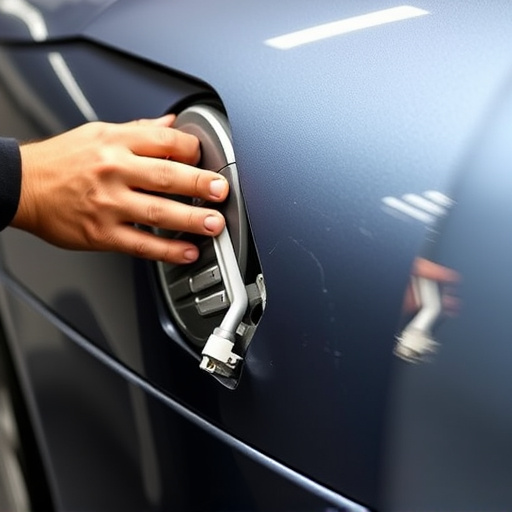
After achieving auto glass safety certification, maintaining high-quality standards is paramount to ensuring customer satisfaction and fostering trust. Certified professionals must adhere rigorously to established auto glass safety standards, using only approved materials and methods to guarantee durable and safe repairs. This includes meticulous preparation of the damaged area, proper application of adhesives and sealants, and thorough testing to confirm structural integrity.
Regular quality checks and continuous training are essential to stay updated with industry best practices, especially in the realm of dent repair and collision repair services. By upholding these standards, certified technicians not only protect customers from potential hazards but also ensure their vehicles return to peak condition, enhancing safety and aesthetics alike.
Auto glass safety certification is a crucial step towards ensuring both quality and customer satisfaction in the automotive industry. By understanding and adhering to auto glass safety standards, professionals can navigate the intricate process of obtaining and maintaining certification effectively. Post-certification, continuous focus on quality control measures will not only enhance customer trust but also contribute to the overall safety and reliability of vehicle repairs.
